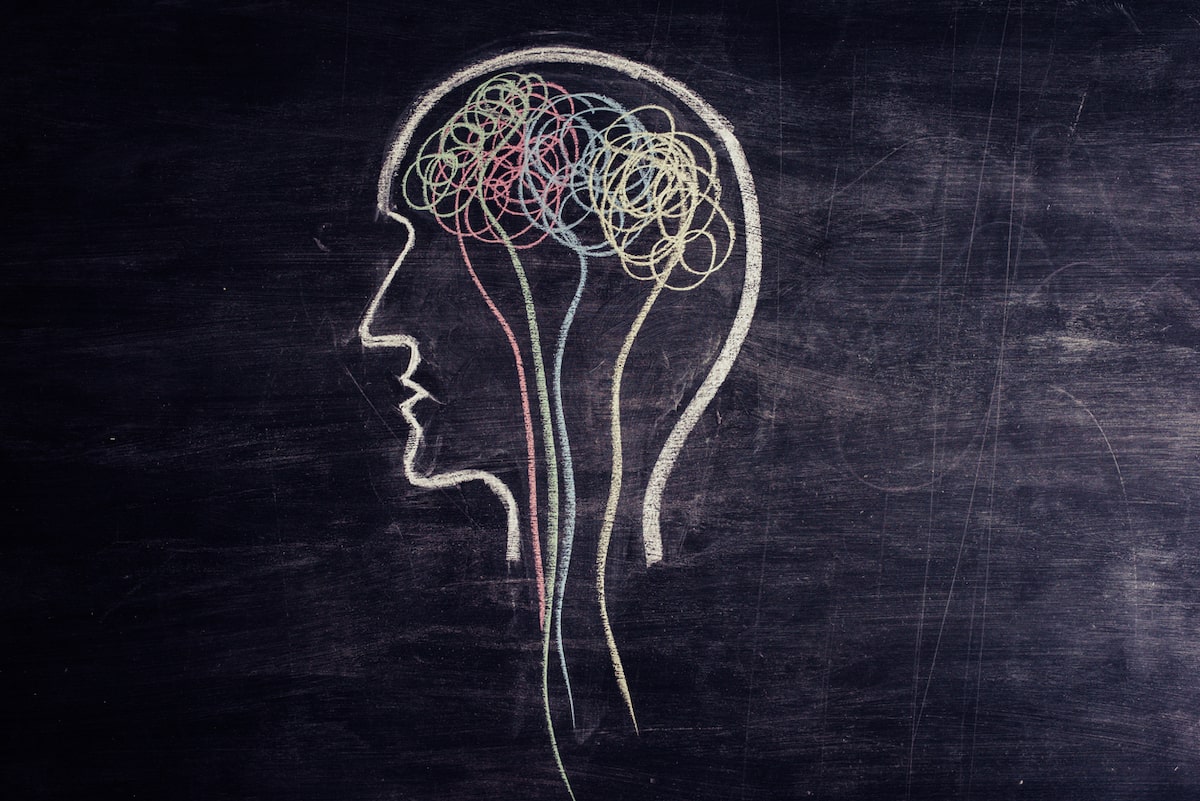Resistance is an expression we are all familiar with, but what exactly does it mean? How do we quantify or measure this abstract descriptor? Are we talking about mental fortitude? Resilience? Or does resistance describe someone who simply won’t give up, no matter what?
Perhaps. But that could also be the definition of stupidity or insanity.
When I decided to become a coach, I never thought about how much of my time would be spent trying to unravel the mysteries of the brain. On the surface, it seems like people hire trainers to help them get in shape (except figure out what what that means for another time), but nearly a decade into my career I’ve learned that our true role runs deeper.
Top-level coaches and trainers know that mastering the mental game is key to achieving any goal. Our real job is to push clients to the edge of their self-imposed limitations so they can overcome them with courage and enthusiasm. Put another way, it’s our job to build strong minds that match equally strong bodies.
To understand what makes one person persevere in the face of a tiring task while another packs their bags and goes home, we have to understand how the brain works when making a decision. A theory, postulated by psychologist Daniel Kahneman in his 2011 book Thinking, fast and slow, says that there are two channels that govern the choices we make: System 1 and System 2 (scientists aren’t the most creative people when it comes to naming things).
System 1 works at the subconscious level, in a deep part of the brain. It is designed to work quickly and efficiently, with self-preservation being the main motivator. System 1 doesn’t want you to run that extra mile or do another set of squats. System 1 automatically measures the risk-reward ratio of any activity and will always choose the safest and easiest option because that is its job.
System 2 operates consciously from a different part of the brain, the one that deals with complex problems and deep thoughts. We control System 2, which is great because it allows us to not be slaves to our primal instincts. However, all this deep thinking comes at a cost: it’s slow, energy-intensive, and easily drains your brain. Not exactly the ideal mental state for physical training.
Try honing these psychological skills to develop a gold medal mind
When we’re in the gym, we don’t have the luxury of contemplating every decision. Our mental energy needs to be conserved so that we can fully focus on the difficult tasks at hand. But again, if we let our subconscious mind take over, we are liable to call it a day as soon as training becomes difficult.
This is where the role of quality coaching comes into play. Of course, most people are perfectly capable of training themselves, as well as preparing their own taxes and meals. But life is complicated and it’s often easier to hire a professional to do the job.
Remember how System 1 operates by analyzing the risk-reward relationship of activities? Well, System 2 can influence and control what we determine to be a risk and a reward. The more familiar an activity is, the less likely it is to be classified as risky. That’s why small steps are so important whenever we face a new challenge. As much as our newbie enthusiasm wants us to dive head first into the deep end, this rarely leads to lasting results.
As for the reward side of the equation, that is a very personal factor. A reward for one person (at the top of the podium, for example) may mean nothing to the next. That’s why if you ask a stranger on the street to bend down and do 20 push-ups, they’re likely to ignore you. But what if you offered $10 for each rep? You will probably lose $200.
Endurance, then, is a function of how much value we place on the activity we are performing. It is an expression of your core personal beliefs. This is why the most successful athletes can’t fake it or move on. If your brain feels like the risk of effort isn’t worth the reward, it’s over.
To reap the full benefits of physical training, we need to train the mind along with the body. The formula for this is simple: make it familiar, make it count. By carefully microdosing various levels of intense training, while emphasizing the deeper value of all this work, we can reprogram our subconscious to participate in the process.
When this happens, you will have to deal with whatever challenges life throws at you because your brain is giving you no other choice.
Paulo Landini is a personal trainer and health educator in Kitchener, Ont.
#training #brain #body #important #fitness
Image Source : www.theglobeandmail.com

